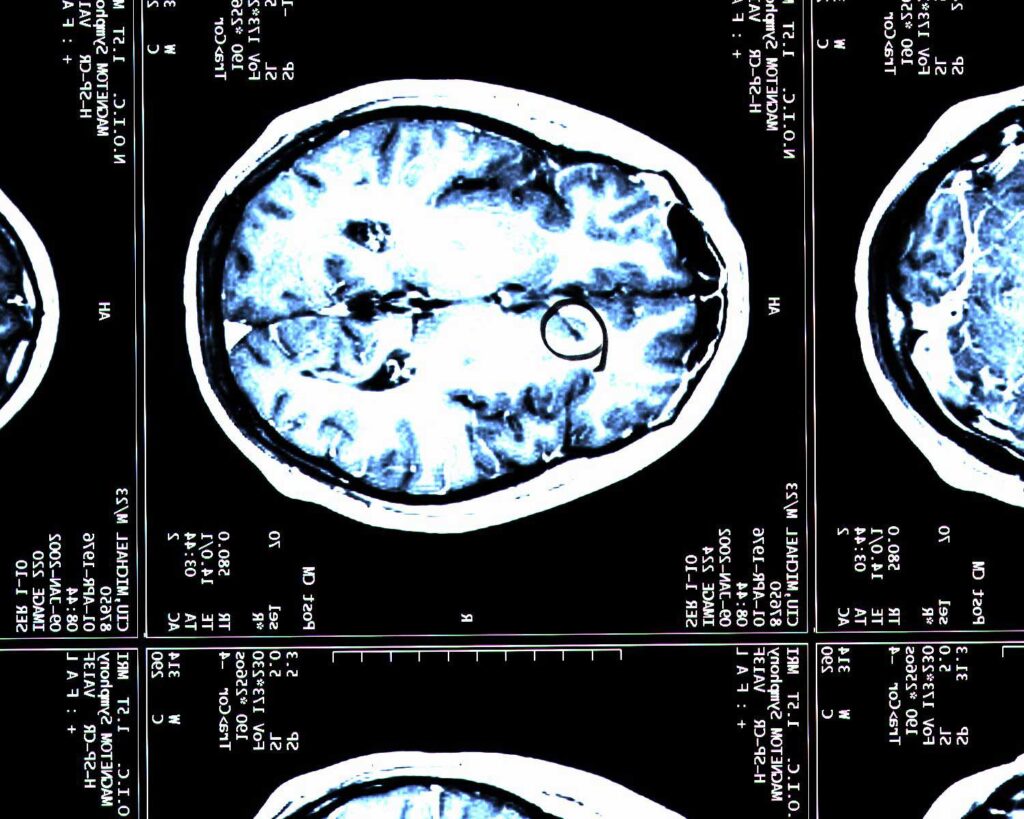
The exact cause of MS remains unknown, but it is believed to involve a combination of genetic, environmental, and immune system factors:


Diagnosing MS often involves a combination of medical history, neurological exams, imaging tests (like MRI scans), and laboratory tests to rule out other conditions with similar symptoms.
Once diagnosed, the management of MS focuses on slowing the progression of the disease, alleviating symptoms, and improving overall quality of life. Key components of MS management include:



Rewrite your health story
Alera Med
A brand of Immunyo Limited
160 Collins Avenue East
Dublin 5, D05 E622
Dublin, Ireland
Speak to an expert